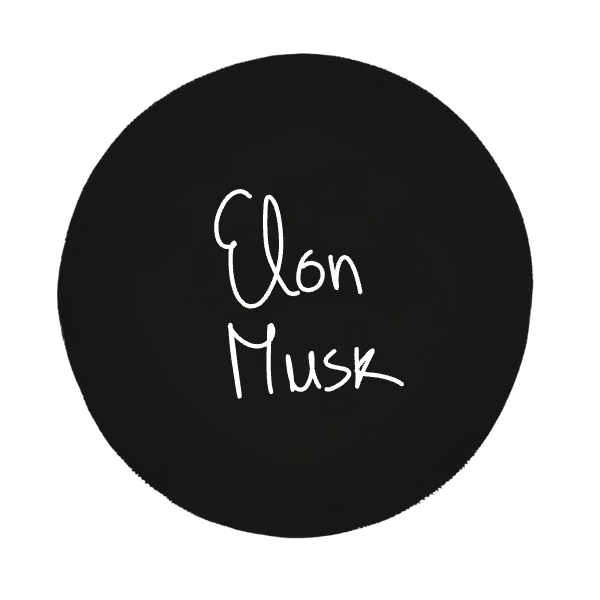Objective
To determine whether Elon Musk fits the ENTP personality type through a structured psychological lens—focusing on observable patterns in behavior, speech, decision-making, and long-term strategies.
Framework: MBTI Cognitive Functions
The ENTP functional stack is:
- Ne (Extraverted Intuition) – dominant
- Ti (Introverted Thinking) – auxiliary
- Fe (Extraverted Feeling) – tertiary
- Si (Introverted Sensing) – inferior
Data Collection: Observed Traits of Elon Musk
- Prolific idea generator across multiple industries (Tesla, SpaceX, Neuralink, X)
- Talks openly about future possibilities (Mars colonization, AI risks, brain–computer interfaces)
- Highly comfortable with theoretical and abstract discussions (e.g. simulation theory)
- Plays with controversial ideas and tests public response
- Often challenges the status quo and disrupts established industries
- Uses logic internally, sometimes appearing emotionally detached in communication
- Blunt, awkward, or provocative in social contexts
- Highly experimental and adaptive rather than process-oriented
- Prioritizes vision over tradition or routine
- Shows limited nostalgia or concern for past norms
Pattern Analysis via Cognitive Functions
Ne (Dominant Extraverted Intuition)
- Evidence: Musk constantly jumps between industries and explores connections between seemingly unrelated domains (space, transportation, neurotech).
- Analysis: Ne-dominant individuals are idea-driven, expansive, and drawn to potential. Musk’s curiosity, “what if” style, and innovation-heavy pursuits align strongly with dominant Ne.
Ti (Auxiliary Introverted Thinking)
- Evidence: Musk approaches problems through systems thinking—relying on first principles, internal frameworks, and logical deconstruction.
- Analysis: Ti supports Ne by offering internal clarity. Musk’s decision-making is based on internal logic rather than external consensus (e.g., bypassing traditional auto manufacturing processes).
Fe (Tertiary Extraverted Feeling)
- Evidence: Shows awkwardness in emotional expression and team dynamics. Has moments of charm or emotional appeal, but it’s inconsistent or strategic.
- Analysis: Tertiary Fe is underdeveloped but present—he tries to connect or lead socially but often misreads tone, suggesting Fe is not a primary strength.
Si (Inferior Introverted Sensing)
- Evidence: Disregards tradition, systems, and routines; pushes into uncharted territory regardless of past experience.
- Analysis: Weak Si. Musk rarely references the past unless it’s to break from it. His discomfort with repetition and reliance on novelty over memory aligns with inferior Si.
Conclusion
- Dominant Extraverted Intuition (Ne) → constant ideation, future-forward thinking, divergent imagination
- Auxiliary Introverted Thinking (Ti) → first-principle reasoning, logical deconstruction, skepticism of tradition
- Tertiary Extraverted Feeling (Fe) → weak or awkward interpersonal dynamics, occasional social impact attempts
- Inferior Introverted Sensing (Si) → disinterest in past systems or stable routines
Synthesis
Musk embodies the ENTP archetype: the idea-machine, the visionary disruptor, the restless inventor who thinks aloud, lives in the future, and resists structure. His success lies in channeling Ne and Ti into physical reality, while his social awkwardness and disregard for tradition reflect the typical ENTP cognitive imbalances.
***
